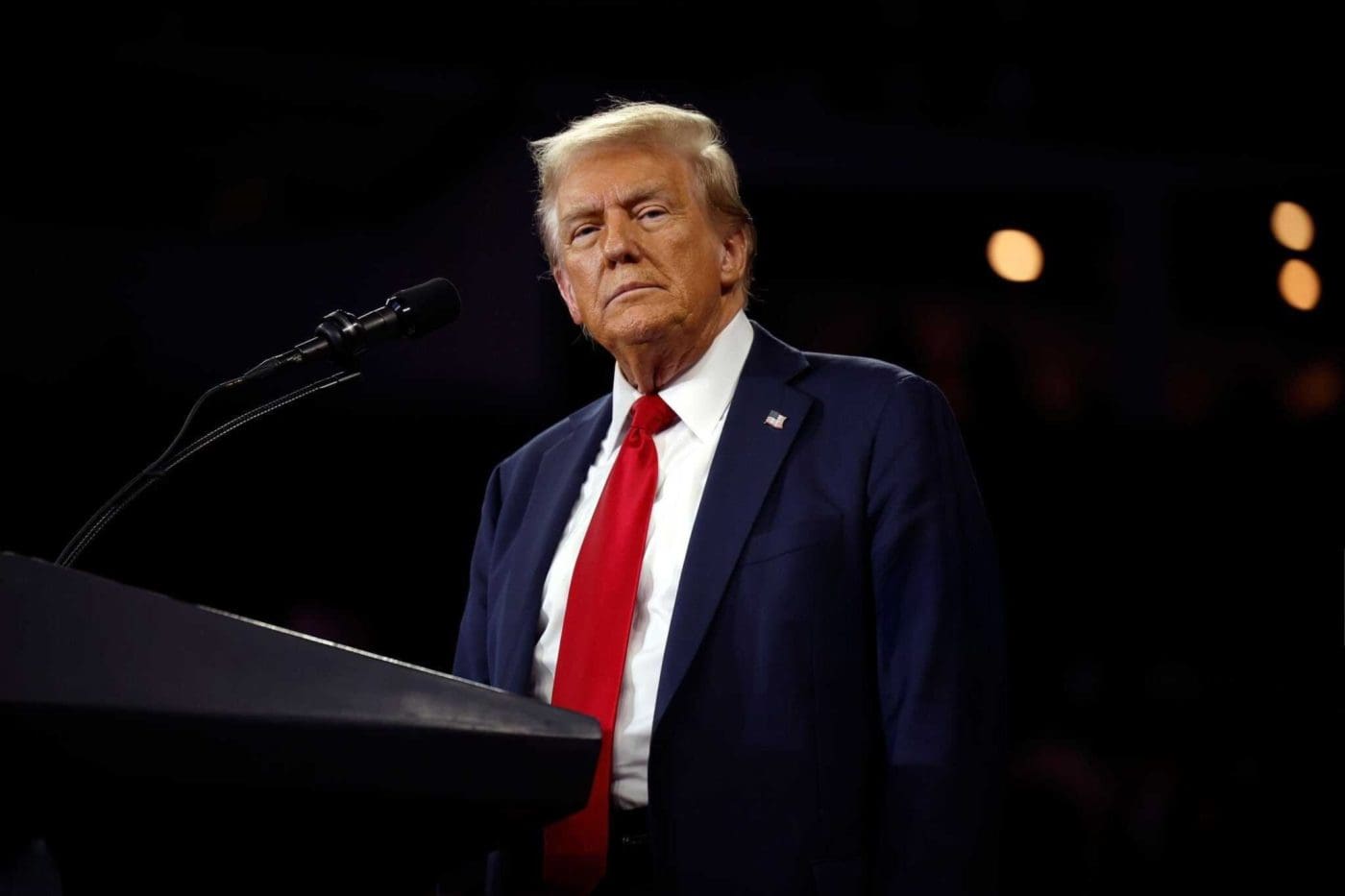CHINA and Canada have retaliated to tariffs imposed by United States president Donald Trump, who doubled down on his promise to impose tariffs on all imports of farming goods by April 2.
Trump’s economic policy he promoted throughout his campaign has been about increasing tariffs on imports and reducing taxes inside the US.
As the President put it in his address to Congress today “it has been nothing but swift and unrelenting action” since his term started in January. 25pc tariffs on Mexican and Canadian goods came into effect yesterday and he announced 10-15pc tariffs on China, which brought its tariffs up to 20pc.
Canada has retaliated with a 25pc tariff and China has added 10-15pc on its tariffs American imports depending on the goods – with beef landing in the 10pc category. Mexico says it will respond, with details still to come.
What does it mean for Australia?
The US is currently taking record volumes of Australian beef after a prolonged drought plunged the US cattle inventory to record lows. Market participants say the current opportunity is likely to last between two and four years. Australia also has regular markets in the US, especially for products like grassfed beef.
Yesterday, the President gave an indication that America was going to introduce tariffs on external farm imports on April 2, encouraging the local industry up its production and “have fun” in a short post on his own social media platform.
While not singling out Australia or announcing anymore detail, President Trump mentioned the tariffs on farm imports again today.
“Our new trade policy will also be great for the American farmer; I love the farmer, who will now be selling into our home market, because nobody is going to be able to compete with you,” he said in his first address to congress.
“Our farmers are going to have a field day right now.”
What is Australia doing about it?
The Australian Government is heading up the conversations with the US, with Labor frontbenchers Penny Wong, Don Farrell, Jim Chalmers and Richard Marles currently in the US.
Australia has barely rated a mention in President Trump’s rhetoric and the Australian beef industry has been reserved in its commentary about the US administration.
Asked what the Government is doing about it yesterday, agriculture minister Julie Collins said the Prime Minister has had two conversations with President Trump.
“We have a 20-year Free Trade Agreement with the United States. We’re a trusted partner, we’re a strategic ally. We are working very hard, right across government, to make sure that we’re able to continue to export our great goods to the United States and indeed, around the globe,” she said.
“We’ve worked incredibly hard when it comes to providing diversification of our trade for Australian farmers. We now have the most diversified agriculture trade that Australia has ever had, now with 169 different markets.”
When asked what the Government was doing in senate estimates last week, the Department of Agriculture also mentioned it was keeping a watching brief. They pointed to Australia’s trade surplus with the US as a possible avenue to making sure Australia can keep its product going across the Pacific.
What is the market saying?
Australian beef exporters told Beef Central this morning they had not yet seen any sign of change in international customers’ words or actions over Australian beef trade.
“Everybody is still digesting the news,” he said. “There’s a lot to absorb – there’s the China impact, the Canadian and Mexican impact.”
“If Australia is not included under Trump’s tariff changes, most exporters here would expect demand for Australian beef to improve – and that’s not just into the US, but also into Japan, Korea and other markets.
“But there are still so many unknowns since the new US tariffs and counter-tariffs were set in motion.
“And it impacts all proteins. There is presently huge amounts of US pork that goes into Canada. If that now gets tariffed at a higher level by Canada, does that mean more pork stays in the US, forcing prices down, and displacing beef demand?
“The net effect in all this is yet to be seen, but what is certain is that beef processors in the US are in serious strife at the moment, profit-wise, due to record-high cattle prices. This latest tariff issue is arguably the least of their concerns.”
Australia should remove its own tariffs, Canavan
One of the loudest commentators on the tariffs President Trump has been promising to impose since he was elected has been Nationals senator Matt Canavan.
He has been urging the Australian Government remove “internal tariffs” as a means of dealing with potential tariffs, mainly referring to the wave of climate change legislation that has been brought into by the Albanese Government.
A similar line has been taken by the conservative party in Canada, who has condemned the Trump tariffs but also criticised the internal tariffs its country has imposed.

